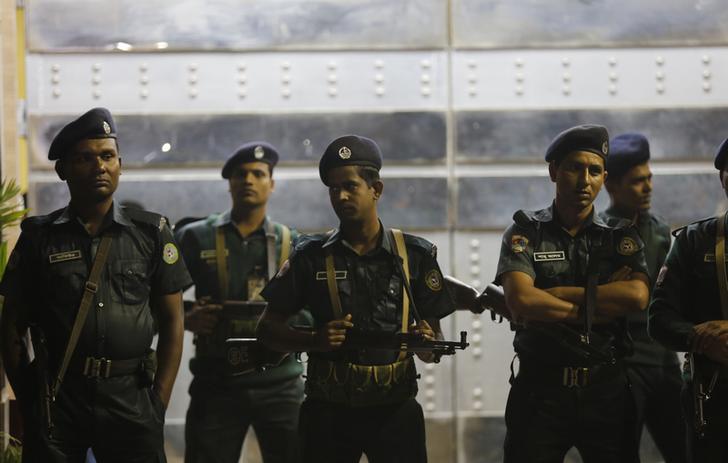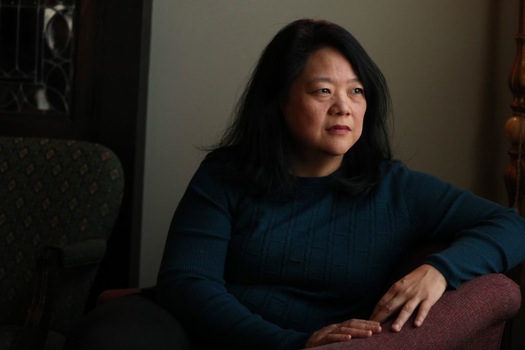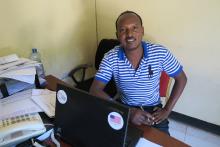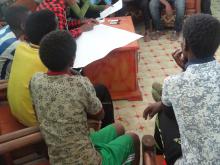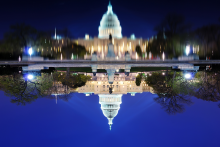By Sarah Lafen
Impunity Watch Desk Reporter, North America
WASHINGTON D.C., United States — On Wednesday, U.S. District Judge Theodore Chuang heard two hours of arguments challenging and supporting President Trump’s revised executive order banning travel from six Muslim-majority countries. The revised order will suspend the U.S. refugee program for 120 days, prohibit the issuance of visas to those from Yemen, Sudan, Syria, Libya, Somalia and Iran for 90 days, and decrease the number of refugees allowed to enter the U.S. in 2017 from 110,00 to 50,000.
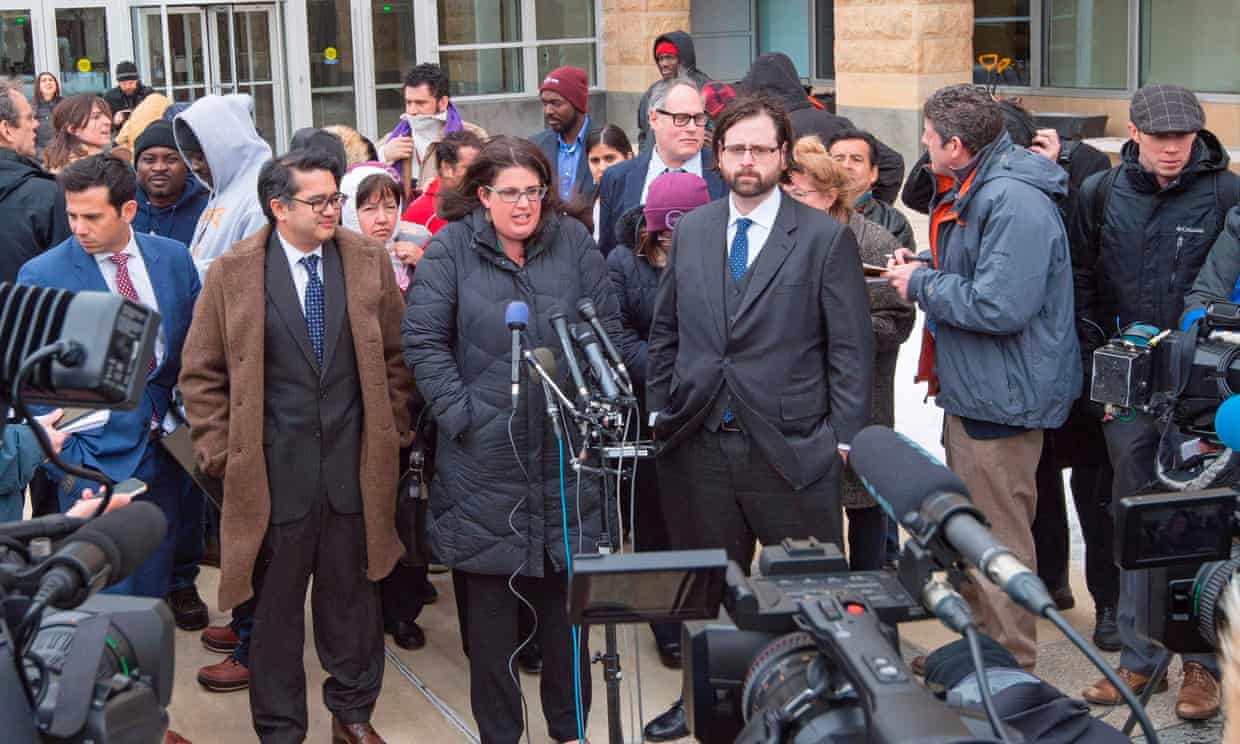
Refugee rights organizations brought suit in federal court in Maryland claiming that the revised travel ban illegally targets a religious group. Among others, the American Civil Liberties Union (ACLU) asked Chuang to halt the order entirely, and argued that it represents a “pretext to discriminate against Muslims.” Justin Cox, lawyer for the National Immigration Law Center, told Chuang that those affected feel the order targets Islam and condemns their religion.
The U.S. government responded to the claims made by refugee groups by saying that all references to religion have been eliminated from the revised order. The government encouraged Chuang to focus on the exact wording of the order, and urged that the words indicate the ban is aimed at preventing terrorism.
The government also argues that people from the countries targeted by the travel ban “warrant additional scrutiny in connection with [the] immigration policies because the conditions in these countries present heightened threats.” However, analysts at the Department of Homeland Security have indicated that citizenship is an “unlikely indicator” of ties to terrorism.
The hearing concluded without a ruling. Chuang told court attendees that he “appreciated[d] everyone’s advocacy” and will issue a ruling as soon as possible. According to ACLU attorney Lee Gelernt, Chuang pressed both the advocacy groups and the government about their respective claims. Chuang asked the government why he should not consider all of President Trump’s comments regarding Muslim immigration, and asked the refugee rights groups whether President Trump is forbidden from limiting immigration from anywhere in the world just because of comments he made during his campaign. Gelernt also said that Chuang asked whether a nationwide ban or a limited halt would be the appropriate remedy.
Hawaii’s challenge to the revised executive order will soon be heard in federal court, and Washington is also requesting a hearing in federal court to challenge the ban.
For more information, please see:
